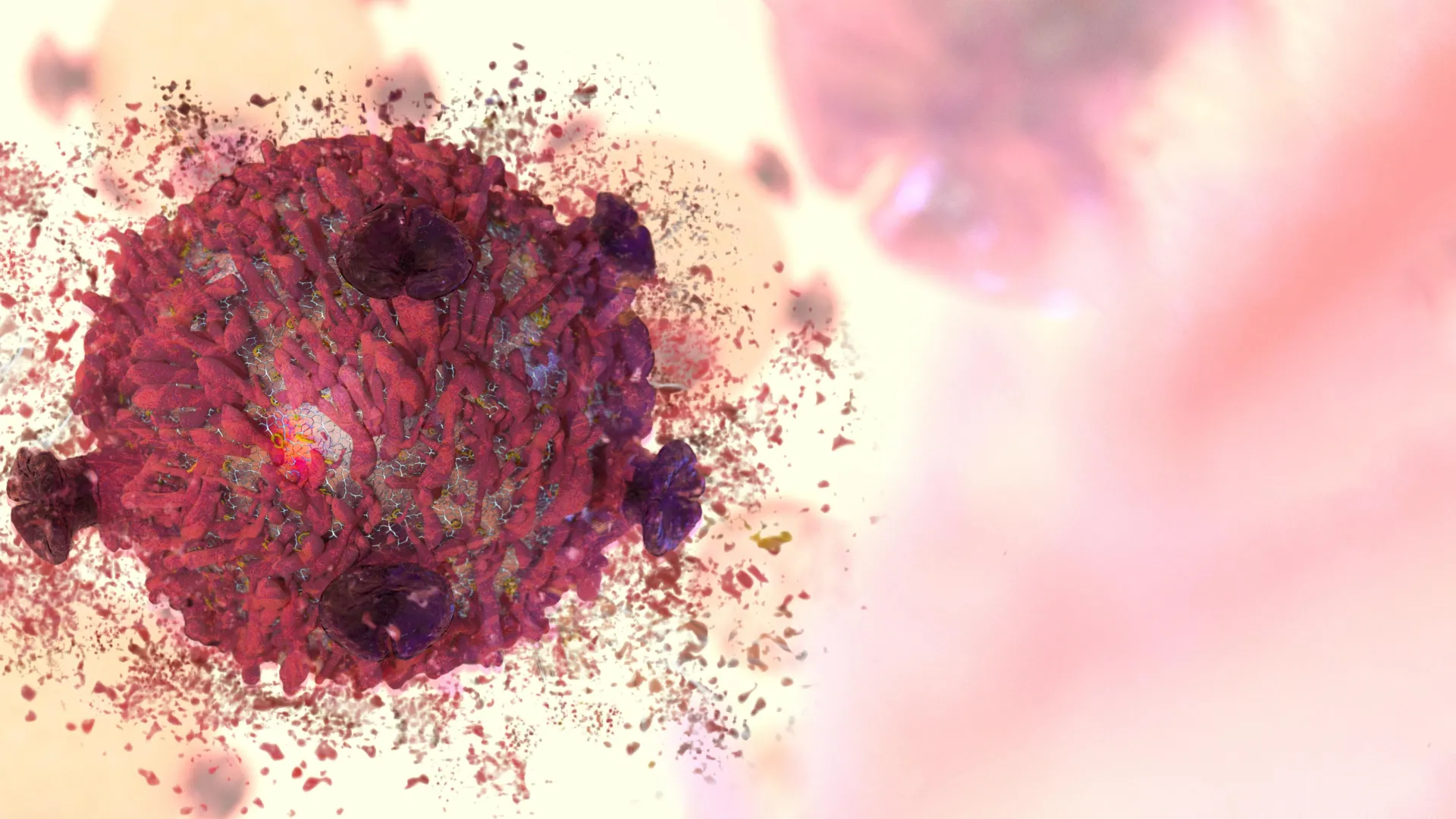Promoting pyroptosis — an inflammatory form of programmed cell death — has become a promising treatment strategy for cancer. In research published in The FASEB Journal, investigators purified a long-chain sugar molecule, or exopolysaccharide, from deep-sea bacteria and demonstrated that it triggers pyroptosis to inhibit tumor growth.
The compound, called EPS3.9, consists of mannose and glucose and is produced by the Spongiibacter nanhainus CSC3.9 bacterial strain and other members of the genus Spongiibacter. Mechanistic analyses showed that EPS3.9 can directly target 5 membrane phospholipid molecules and exert tumor toxicity by stimulating pyroptosis in human leukemia cells. EPS3.9 also had significant anti-tumor effects in the mice with liver cancer and activated anti-tumor immune responses.
“Our work not only provides a theoretical basis for developing more carbohydrate-based drugs but also highlights the importance of exploring marine microbial resources,” said corresponding author Chaomin Sun, PhD, of the Chinese Academy of Sciences.
What Is Pyroptosis?
Pyroptosis is a fiery form of programmed cell death that helps the body fight infections and disease. Unlike regular cell death (apoptosis), pyroptosis is dramatic and explosive—cells swell, burst open, and release inflammatory signals that alert the immune system.
Originally discovered as a defense against bacteria and viruses, pyroptosis has recently become a hot topic in cancer research. That’s because triggering pyroptosis in tumor cells can not only destroy them directly but also rally the immune system to join the attack, essentially turning the tumor into a signal flare for immune response.
